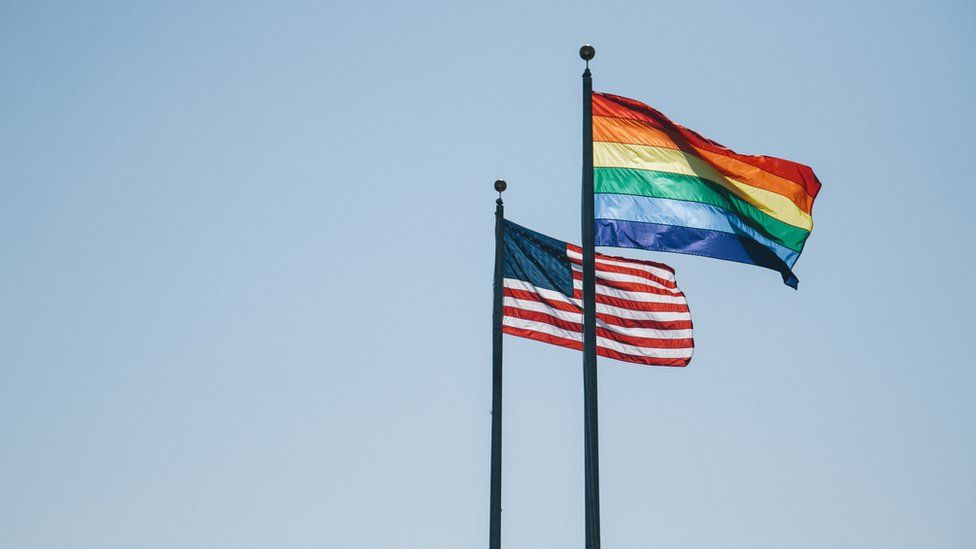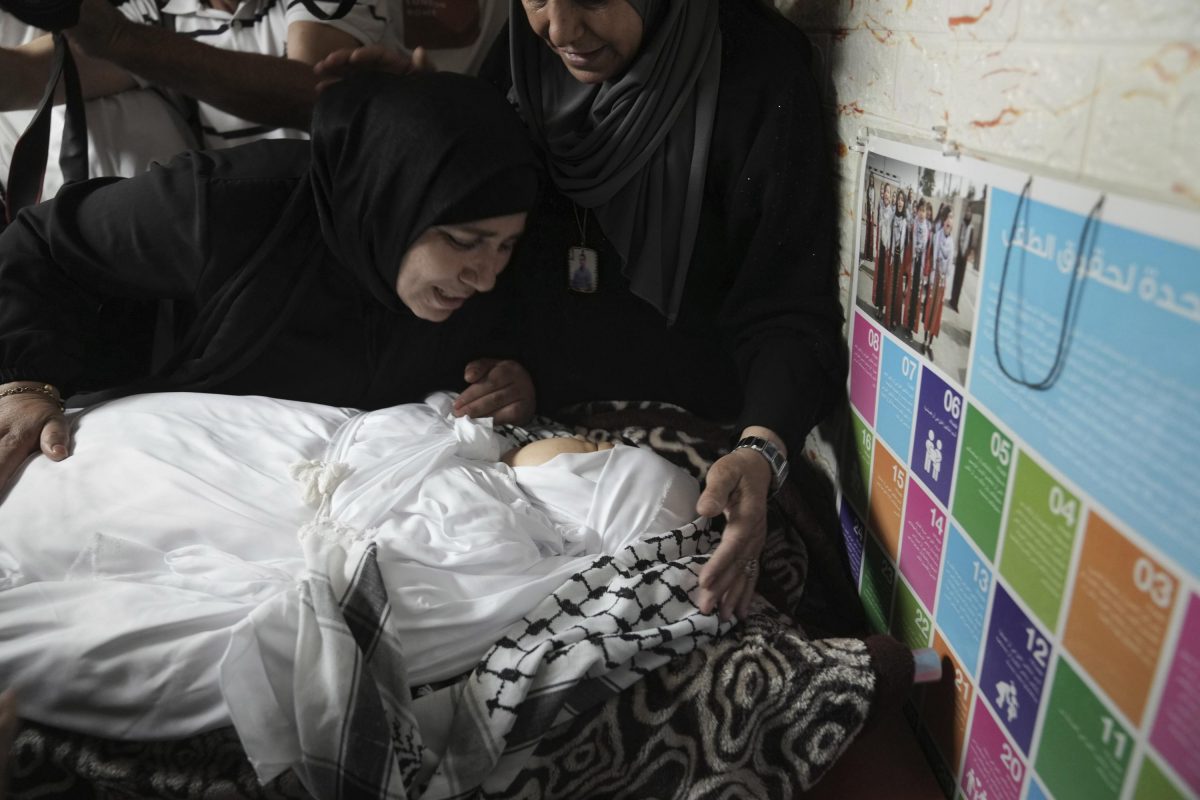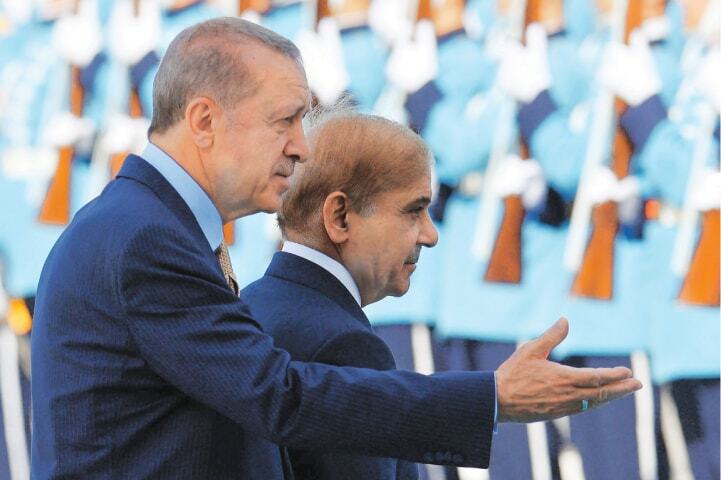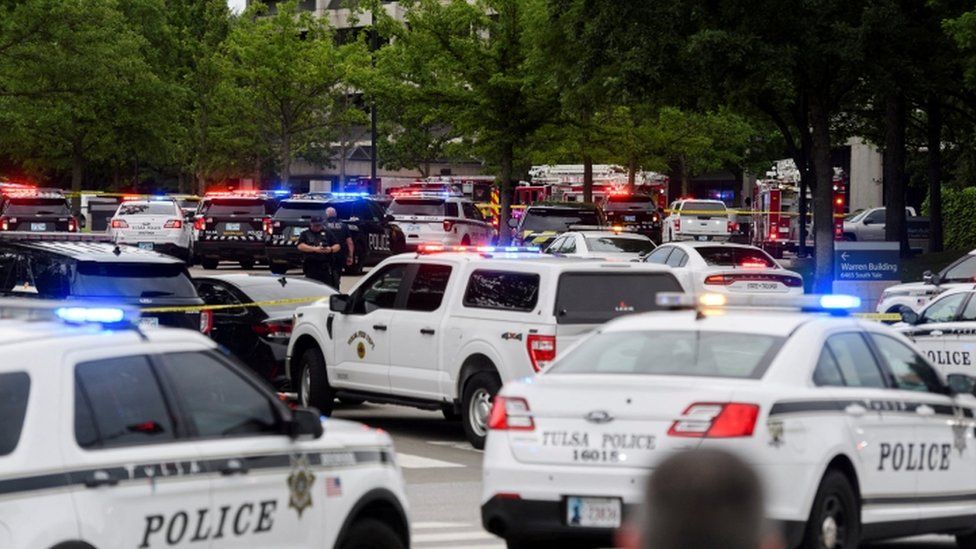ISLAMABAD: Pakistan and Turkey on Wednesday vowed to enhance their strategic and economic relations and agreed to take measures for eliminating terrorism.
The countries made the commitments during a one-on-one meeting between Prime Minister Shehbaz Sharif and Turkish President Recep Tayyip Erdogan. They later made their pledge public during a joint press conference at Presidential Complex in Ankara.
On an invitation from Prime Minister Shehbaz Sharif, Mr Erdogan agreed to visit Pakistan in September this year for talks on issues of mutual interests.
At a ceremony witnessed by Prime Minister Sharif and President Erdogan, the two sides signed six bilateral memoranda of understanding on public debt management, cooperation between credit guarantee institutions for SME financing, housing, public-private partnership models, especially in transportation and health, knowledge sharing in economic and social policy planning, and technical cooperation in highway engineering.
Delegation-level talks also took place in which Prime Minister Sharif and President Erdogan led their respective sides.
At the joint press conference, Prime Minister Sharif said: “Our relations embedded with cultural, economic, diplomatic and strategic ties will be enhanced in the days to come. In fact, Turkey is like our second home.”
He said this year the two sides were celebrating 75th anniversary of their bilateral relations which prospered under the dynamic leadership of President Erdogan. “I am very happy to announce that next high-level meeting between the two sides will be held in Islamabad in September,” he added.
The prime minister invited Turkish investors to invest in Pakistan’s hydropower and renewable energy and said Turkey was quite ahead in this sector. “Invest in this sector in Pakistan to make profit and we will get cheap energy,” he added.
He said the two nations always stood by each other in the time of need. “People of Pakistan support Turkey and Turkey support Pakistan on Azad Jammu and Kashmir issue,” he said, adding that Pakistan would never abandon Kashmiri people.
He recalled that the Turkish defence minister had visited Pakistan on May 20 and the two sides decided to enhance defence cooperation and Turkey agreed to help Pakistan in helicopter manufacturing.
Prime Minister Sharif said Indian aggression in occupied Jammu and Kashmir was a threat to regional peace. “Vis-à-vis Pakistan supports Turkish territorial disputes, fight against terrorism… Enemy of Turkey is an enemy of Pakistan,” he added.
He said the two sides vowed to continue supporting the people of Afghanistan as Pakistan and Turkey were the two countries which sheltered the largest number of refugees in the world.
Speaking on the occasion, the Turkish president said he had a detailed talk with Prime Minister Sharif on a long range of issues and international matters. He said the two sides had agreed to enhance bilateral cooperation in various fields.
“Economic cooperation between the two countries is imperative,” he added.
Mr Erdogan vowed to support Pakistan’s stance on Kashmir and expressed desire to continue supporting the people of war-torn Afghanistan.
Shehbaz meets Turkish FM
During a meeting with Turkish Foreign Minister Mevlüt Çavusoglu, PM Sharif highlighted the convergence between the two countries on a range of regional and international issues and stressed the need for continued close coordination.
The prime minister particularly underscored the importance of increasing bilateral trade volume to $5 billion over the next three years.
He also underlined the resolve to fully facilitate Turkish companies in Pakistan and invited them to invest in diverse sectors, including food processing, agriculture, automotive, information technology, hydel, solar and wind energy.
Noting the steadfast support of the two countries for each other on issues of core interest, the prime minister thanked the foreign minister for Turkey’s principled policy on Jammu and Kashmir.
On Afghanistan, Mr Sharif stressed the importance of addressing the dire humanitarian situation, the release of Afghan assets to help stabilise the economy, and continued efforts for sustainable peace and stability in the country.
PM invites Turkish investors
PM Sharif said Pakistan “genuinely and seriously” wanted to boost bilateral, trade and cultural ties with Turkey as he made the case for the Turkish business community to invest in Pakistan.
“Suffice to say, we are here to convey this message to our Turkish brothers and sisters, President Tayyip Erdogan and his team, and to the Turkish business community that we genuinely and seriously want to work with you,” the prime minister said while speaking at the Turkey-Pakistan Business Council in Ankara.
“We have been partners and have supported each other through thick and thin,” he said, adding that he had received “hundreds of businessmen” between 2008 and 2018.
“Your active participation in investments in Pakistan is highly appreciated. And above all your participation in humanitarian projects in Pakistan is very well-known. Today, we are here to seriously engage ourselves with you because you are very serious-minded business people, and your achievements are outstanding and a shining example for all of us.”
He called for the two countries to collaborate and cooperate in various sectors, including the automobile industry, agriculture, textile and alternative energy.












